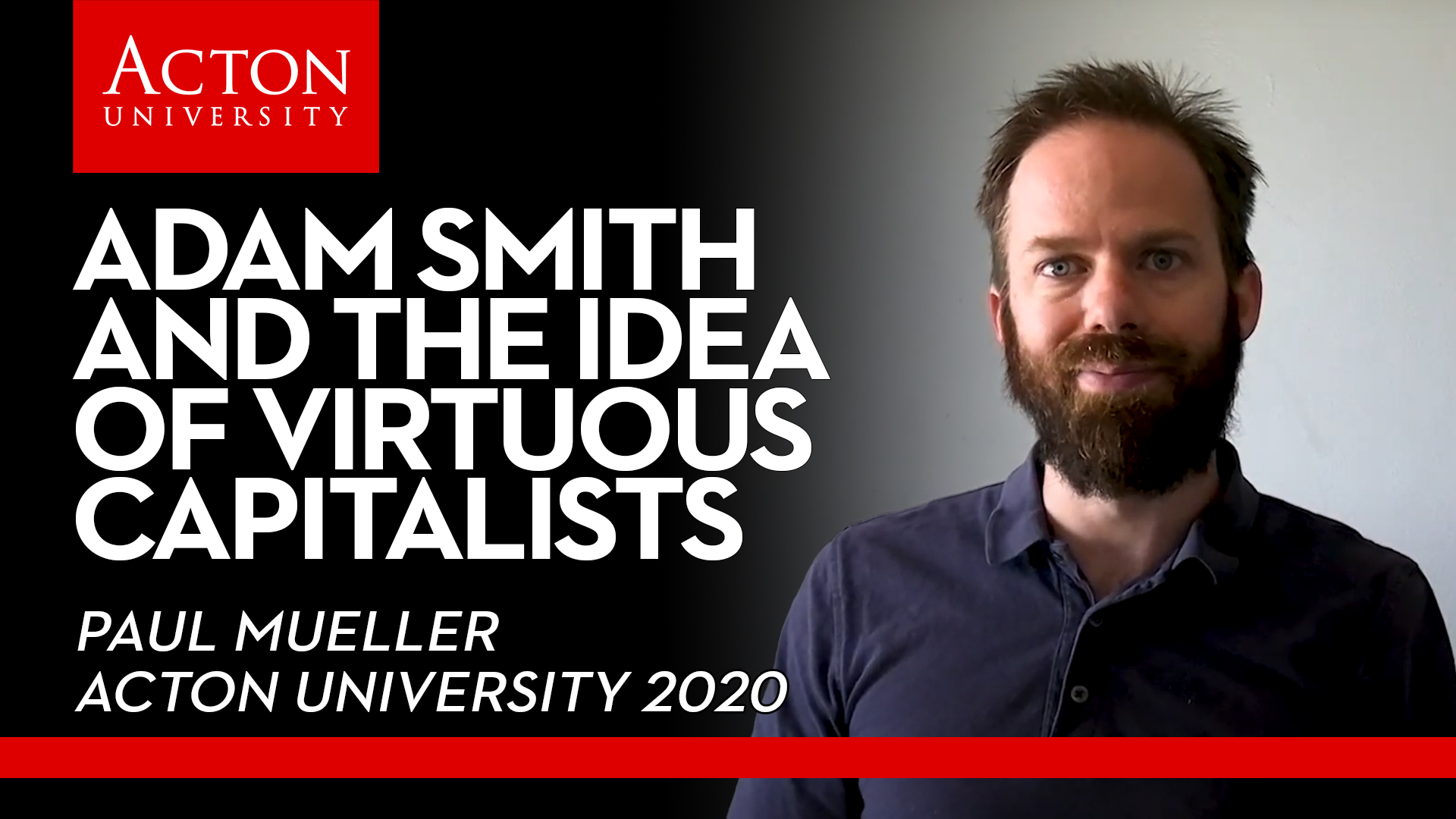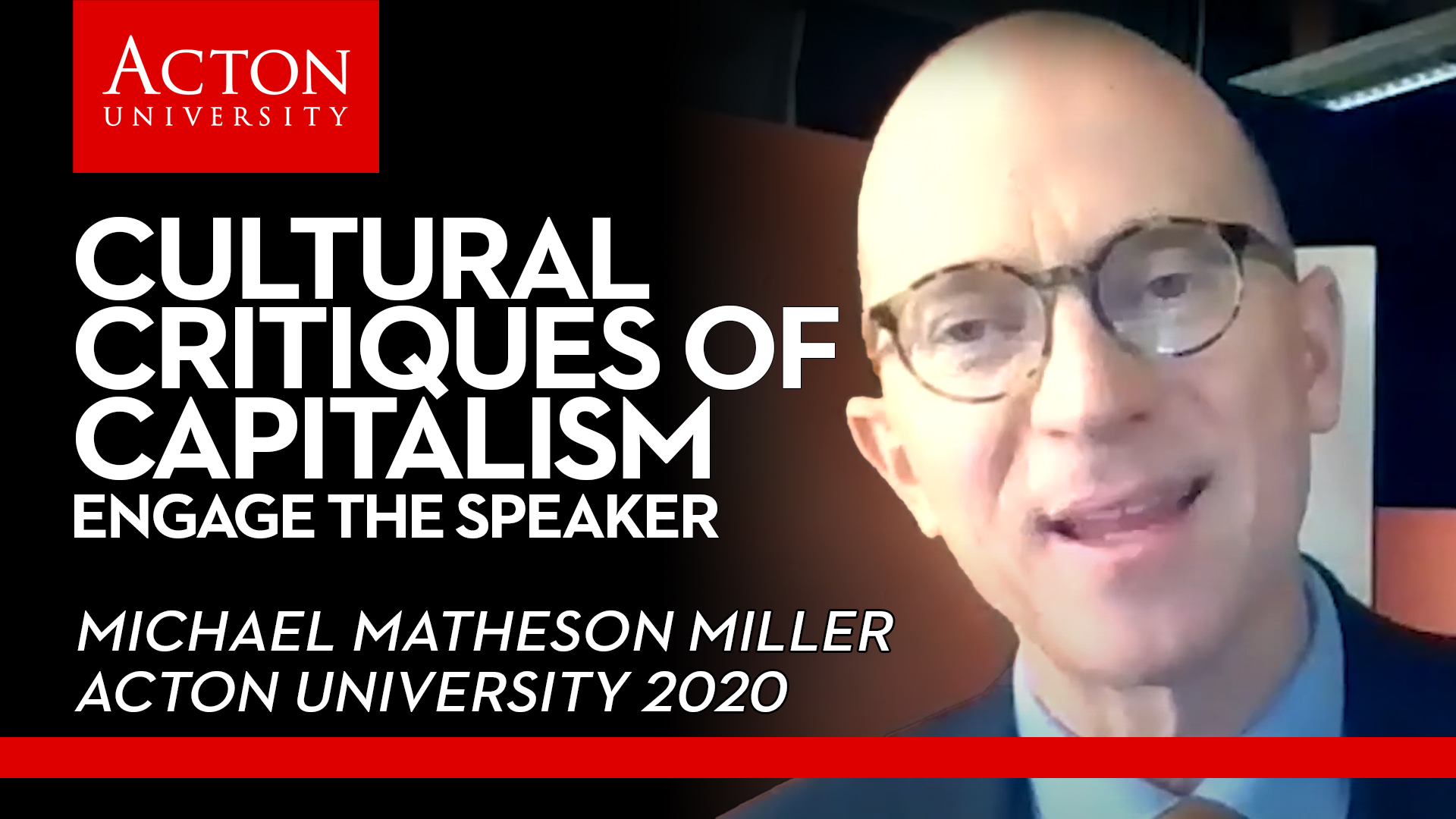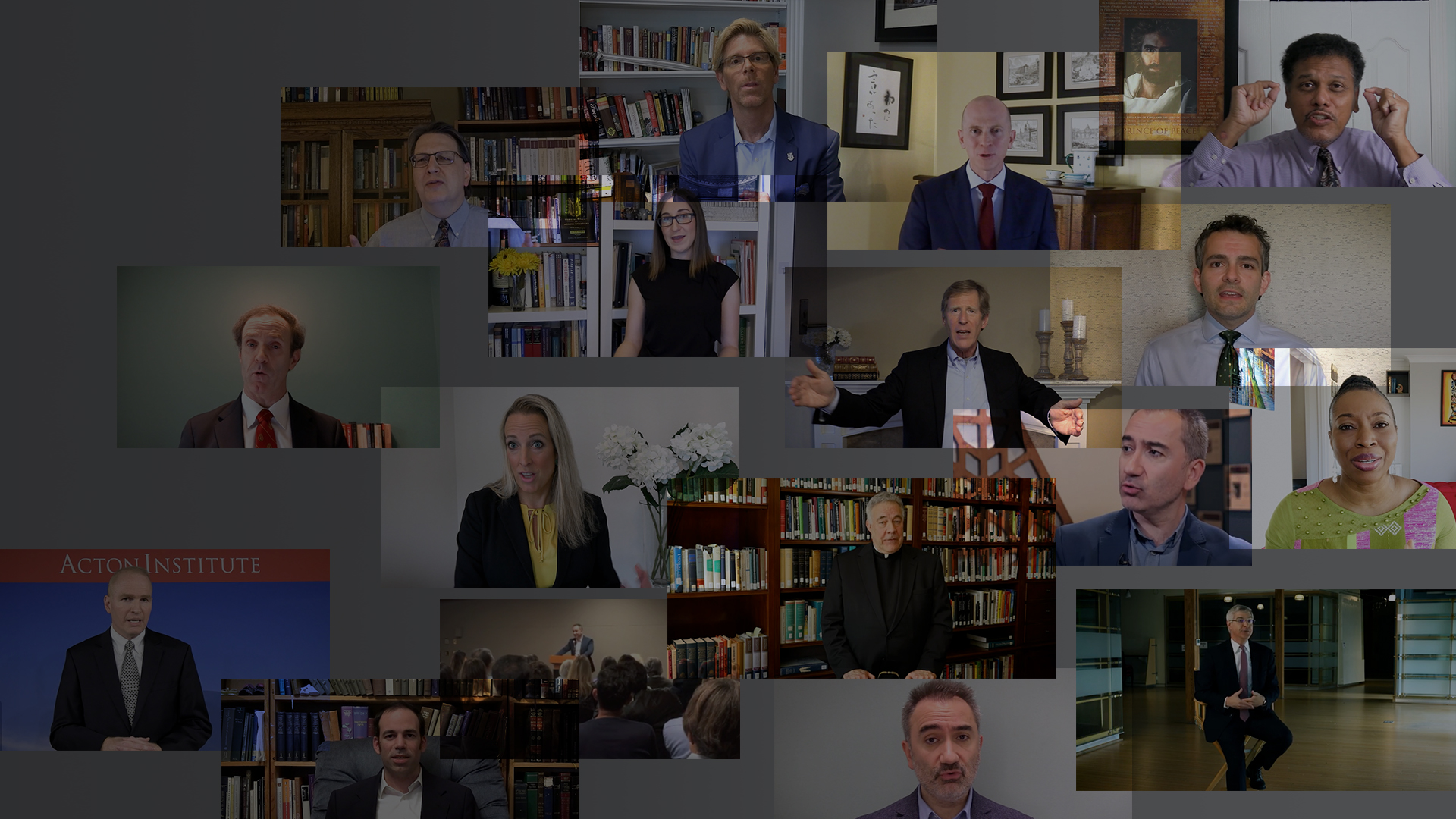Engage the Speaker session for “Culture, Education, and Freedom”
Understanding the philosophical and theological underpinnings of many of today’s educational institutions and culture is crucial to building new educational ventures that support human freedom in all its dimensions. Although much has been written about ideological influences in education that undermine commitments to human freedom grounded in classical Greek and Judeo-Christian anthropology, less has been written about how to respond to Neil Postman’s argument in Amusing Ourselves to Death that our minds are being dumbed down by forms of entertainment that are seen as news or education. Although the student mental illness crisis has been well-documented, less is known about how to guide students towards developing aesthetic virtues like the contemplation of beauty in both abstract thinking and the material world that integrate the mind, body and soul. In many educational institutions, human experiences of the sublime and beautiful have been relegated to a form of subjective expression of drives or desires but are no longer understood as emanating from a divine creator nor directed back to an infinite being from whom all that is good, true and beautiful emanate. Education should not stop at producing quasi-robots who have lost the passionate desire for connecting the material world with the sublime. Educational practices also need to foster awe, wonder, open-mindedness and curiosity in all fields of learning. A good education reveals to students how things work and also guides them to perceive the beauty behind all things that points to the logos, the being and end of all creation. Good education promotes human happiness, freedom and a robust notion of culture that includes the aesthetic dimension of the human person open to the encountering the sacred in all forms of knowledge.








